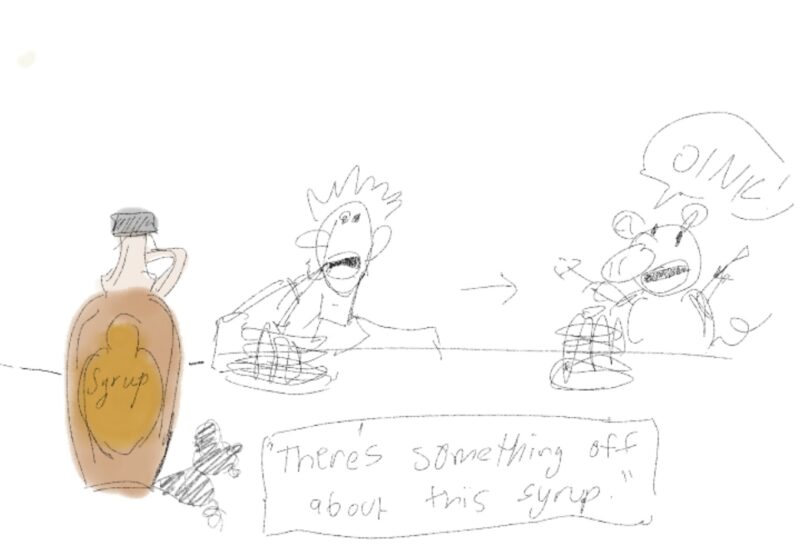If there’s one thing everyone agrees on, it’s this: Syria is a mess. Yet most of Syria’s possible futures are even scarier than the present, and the highest chance of avoiding them comes from encouraging the swiftest rebel victory possible. The costs of inaction far outweigh the costs of action.
Critics of an intervention often point to the lack of unity among the Syrian rebels and large unsavory elements including Al Qaeda sympathizers and other extremists, but these dynamics are actually key to justifying a military intervention. Since the civil war began and the U.S. refused to provide anything beyond “non-lethal aid,” Qatar, Saudi Arabia, and other donors have filled the power vacuum by arming particular rebel groups in a bid for postwar influence. Qatar in particular has been less than picky about arming groups with extremist ties. Syrian rebel groups cannot be easily divided into extremist and non-extremist — there’s a continuum — but the subset of rebels with sympathies for anti-American terrorism has grown over time and will continue to do so. As of now, the Free Syrian Army and other mainstream rebel groups are predominantly moderate, but if the war drags on, they may be marginalized. Many non-interventionists worry about our rebel allies turning their guns on the U.S. after the war, but isn’t that risk better than extending the flow of arms to groups that don’t even claim to be our allies?
Lest the extremists among the rebels tempt one to support Assad, it’s important to remember his alliance with Hezbollah, a terrorist organization that has arguably wrought even more havoc than Al Qaeda and controls large parts of Lebanon. A victory by Assad would undoubtedly increase his violence against civilians, worsening the already unsustainable refugee crisis. It’s highly unlikely this scenario would lead to lasting peace as rebel groups would continue fighting Assad from refugee camps or Sunni areas in Lebanon. Lebanon has already been subject to spillover, and there’s a long historical precedent for this rebel tactic.
The scariest possibility of all is that no faction will attain clear victory, and Syria will become a failed state. When Lebanon went through its civil war in the 70s, Palestinian terrorists used the power vacuum to establish a base of operations against Israel. Lebanon never recovered from the ensuing ground wars with Israel, and hundreds of Americans died in the process.
And I have yet to mention chemical weapons. It’s unlikely Assad can credibly commit to destroying his entire arsenal nor would he have a reason to if Congress votes against military action. If the rebels gain the upper hand and Assad fears them more than any international actors, he would likely unleash his entire arsenal. If not, and if some arms or precursor chemicals remain intact, an active U.S. role would make it easier to keep those arms out of the hands of extremists.
Putting Syria together after an American intervention will be a nightmare, but less of one than any alternative. The Syrian rebels are fractured and the Free Syrian Army disorganized, but at least it has a chance of putting Syria back together after the war, a chance that can only diminish with time. Critics point to the mixed record of air power alone in humanitarian interventions, but they miss the point. Bombing a country alone usually fails to compel it to change its policies, but air power is good at changing the balance between existing ground forces. Due to political constraints, President Obama has denied seeking Libya-style regime change. However, he almost promised air strikes would seriously deter and punish Assad, and the only way to do that is to hurt Assad’s war effort by an amount greater than chemical weapons could possibly help it. Syrian air defenses are weak and have been successfully penetrated by Israel several times. Americans are worried about the material costs of war, but an air-only campaign has a negligible cost. Bombing Libya, which involved more fighting than the President’s proposal, cost $1 billion compared to the total U.S. defense budget ($683 billion per year), or ground wars like Afghanistan and Iraq, or even to the economic sanctions already in place on Syria ($1.5 billion per year in lost trade). The monetary costs of dealing with a failed or hostile Syrian state are huge, yet the human costs are even more so.
Taylor is a member of the class of 2015.





